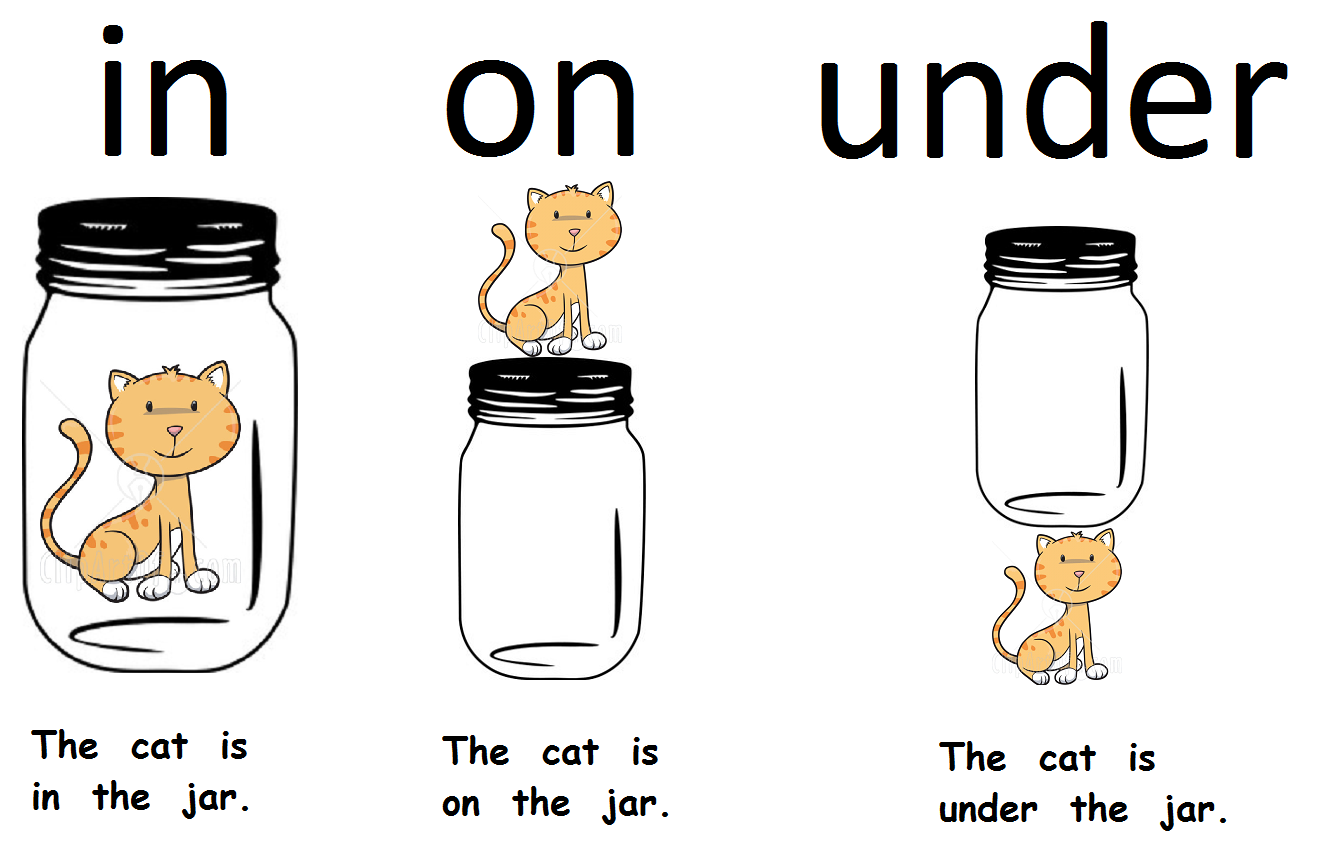Prepositions in German

Prepositions in German.Prepositions in the English language serve as crucial connectors that shape the way we perceive and articulate relationships between words, phrases, and clauses. These small but mighty words like “in,” “on,” “at,” “with,” and “to,” help us navigate through spatial, temporal, and logical landscapes within sentences.

Explanation about preposition in German
Accusative Prepositions
These prepositions always require the noun or pronoun that follows them to be in the accusative case.
Examples: durch (through), für (for), gegen (against), ohne (without), um (around)
Usage: Often used to indicate a direction or a specific point in time.
Example Sentence: Ich arbeite für dich. (I work for you.)
Dative Prepositions
These prepositions require the noun or pronoun that follows to be in the dative case.
Examples: aus (from, out of), außer (except for), bei (at, with), mit (with), nach (after, to), seit (since), von (from, of), zu (to)
Usage: Generally used to indicate state, location, or indirect objects.
Example Sentence: Ich komme aus Berlin. (I come from Berlin.)
Two-way Prepositions
Also known as “Wechselpräpositionen,” these prepositions can govern either the dative or the accusative case, depending on whether the action is static (dative) or involves motion or change of state (accusative).
Examples: an (at, on), auf (on, upon), hinter (behind), in (in, into), neben (next to), über (over, above), unter (under, below), vor (in front of), zwischen (between)
Usage: Used to describe both location and movement.
Example Sentence (Dative): Er steht an der Tür. (He stands at the door.)
Example Sentence (Accusative): Er geht an die Tür. (He goes to the door.)
Genitive Prepositions
These prepositions require the noun or pronoun that follows to be in the genitive case.
Examples: trotz (despite), während (during), wegen (because of)
Usage: Commonly used to indicate causal relationships.
Example Sentence: Trotz des Regens spielen wir. (Despite the rain, we are playing.)
Temporal Prepositions
These prepositions are used to indicate time.
Examples: vor (before), nach (after), seit (since), um (at), während (during), bis (until), ab (from)
Usage: Provide temporal context in sentences.
Example Sentence: Ich gehe um 10 Uhr. (I go at 10 o’clock.)
Examples for using preposition in German
| German Preposition | English Equivalent | Example Sentence (German) | Example Sentence (English) |
|---|---|---|---|
| in | in | Ich bin in der Schule. | I am in the school. |
| auf | on | Das Buch liegt auf dem Tisch. | The book is on the table. |
| an | at | Er steht an der Ecke. | He is standing at the corner. |
| mit | with | Ich gehe mit meinem Freund aus. | I am going out with my friend. |
| zu | to | Ich gehe zum Arzt. | I am going to the doctor. |
| von | from | Ich komme von der Arbeit. | I am coming from work. |
| über | over/above | Der Vogel fliegt über den See. | The bird is flying over the lake. |
| unter | under | Das Kind versteckt sich unter dem Tisch. | The child is hiding under the table. |
| neben | beside/next to | Der Stuhl steht neben dem Sofa. | The chair is next to the sofa. |
| durch | through | Er geht durch den Park. | He is walking through the park. |
| gegen | against | Er ist gegen die Regel. | He is against the rule. |
| ohne | without | Ich kann nicht ohne dich leben. | I can’t live without you. |
German phrases for using preposition
| German Phrase | Preposition | English Equivalent | Example Sentence (German) | Example Sentence (English) |
|---|---|---|---|---|
| sich kümmern um | um | to take care of | Sie kümmert sich um die Kinder. | She takes care of the children. |
| nachdenken über | über | to think about | Ich denke über das Problem nach. | I am thinking about the problem. |
| warten auf | auf | to wait for | Wir warten auf den Zug. | We are waiting for the train. |
| sich freuen auf | auf | to look forward to | Ich freue mich auf den Urlaub. | I am looking forward to the vacation. |
| sich interessieren für | für | to be interested in | Er interessiert sich für Geschichte. | He is interested in history. |
| sich beschweren über | über | to complain about | Sie beschwert sich über das Wetter. | She complains about the weather. |
| sich entscheiden für | für | to decide for | Er hat sich für das Studium entschieden. | He decided for the studies. |
| aufhören mit | mit | to stop with | Bitte hör auf mit dem Lärm. | Please stop with the noise. |
| gehören zu | zu | to belong to | Diese Schuhe gehören zu mir. | These shoes belong to me. |
| einladen zu | zu | to invite to | Ich lade dich zu meiner Feier ein. | I invite you to my party. |
In conclusion, prepositions in English play a pivotal role in constructing meaningful and nuanced sentences. These small but mighty words serve as connecting links that clarify relationships between different elements within a sentence, be they spatial, temporal, or logical.






























